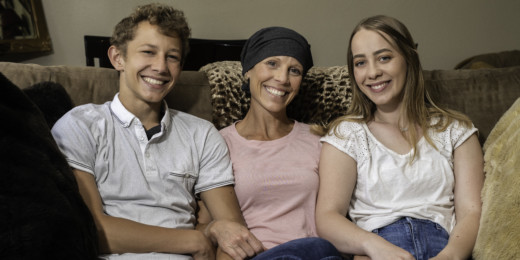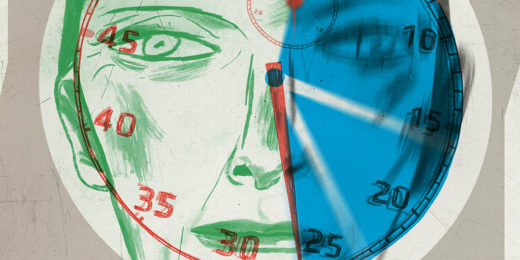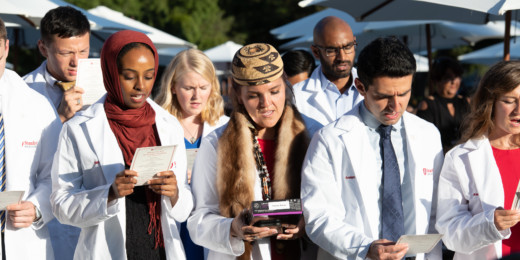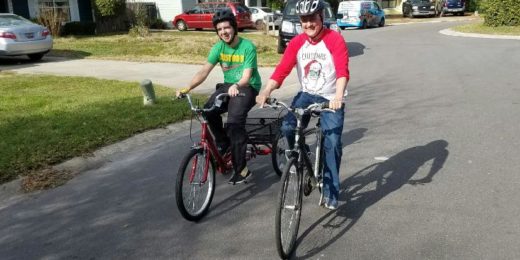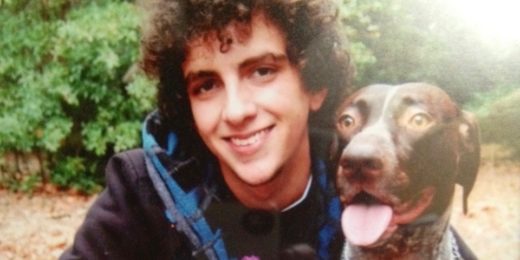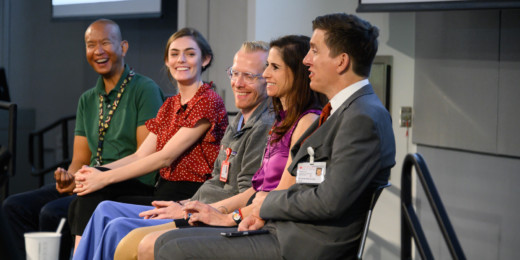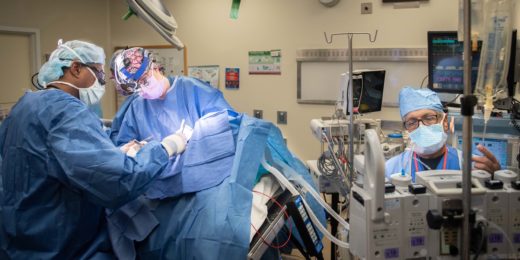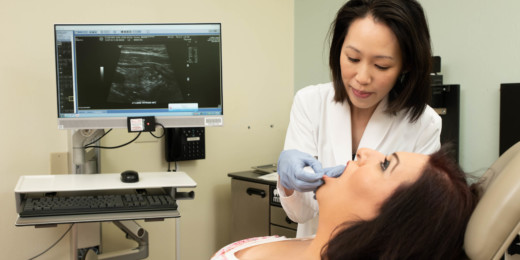Since the Second Opinion program launched a year ago, 2,000 patients have used the service to have their medical records reviewed by a Stanford physician.
Author: Mandy Erickson
Burnout and care quality are connected, Stanford researchers find
Taking an overview look at research into burnout and quality of care, Stanford researchers confirm a link between burned-out providers and poor care.
Shaving minutes off stroke treatment
An article in Stanford Medicine magazine examines how Stanford Health Care cut half an hour off its stroke treatment time, helping patients.
Empowering patients at Stanford Medicine X | CHANGE
At the Stanford Medicine X | CHANGE conference, patient innovators describe ways they can use their expertise to help others.
Students from far and near begin medical careers at Stanford
Stanford welcomed 90 new MD students and 28 PA students during ceremonies this week. The students received words of wisdom, white coats and stethoscopes.
One bicycle crash and six years of recovery: Part II
After a bike crash, Anthony Macchio-Young has emergency neurosurgery at Stanford. In the conclusion of this two-part series, he shares how he is doing now.
One bicycle crash and six years of recovery: Part I
After a bike crash, Anthony Macchio-Young undergoes emergency neurosurgery at Stanford. But that's only the beginning of his journey to recovery.
A celebration of disability at Stanford Medicine
Members of Stanford Medicine, proud to call themselves disabled, describe how their disabilities enhance their caregiving at a recent event.
A spray-on gel may help prevent internal scar tissue
Stanford researchers discover a gel that, when applied to animal hearts, vastly reduces the formation of adhesions, scar tissue that cause complications.
A promising new anesthetic — discovered with help from a computer
Using drug-designing software, Stanford researchers found a new anesthetic that appears to work while maintaining blood pressure.
Fish sleep like us, new research has found
Researchers find that neural sleep patterns in fish are analogous to those in mammals, paving ways to develop sleep medication.
A possible first step toward treating vertigo
Stanford researchers regenerate ear hair cells in mice -- the first time it's been achieved in mature mammals -- with implications for treating vertigo.
New neck surgery leaves patient scar-free
A thyroid cancer patient has neck surgery that leaves no scar, in a new procedure and a first for Stanford surgeons.
Cannabis is not the answer to opioid overdose deaths
Stanford researchers disprove the idea that legalizing medical marijuana will lead to fewer deaths from opioid overdoses.
How much does physician burnout cost? Researchers come up with a number
Physician burnout costs health care organizations about $7,600 annually for each physician they employ, Stanford researchers have found.
Even athletes may have high blood pressure, possibly
A third of young athletes register high blood pressure, raising questions about their health — or about the new U.S. hypertension guidelines.


